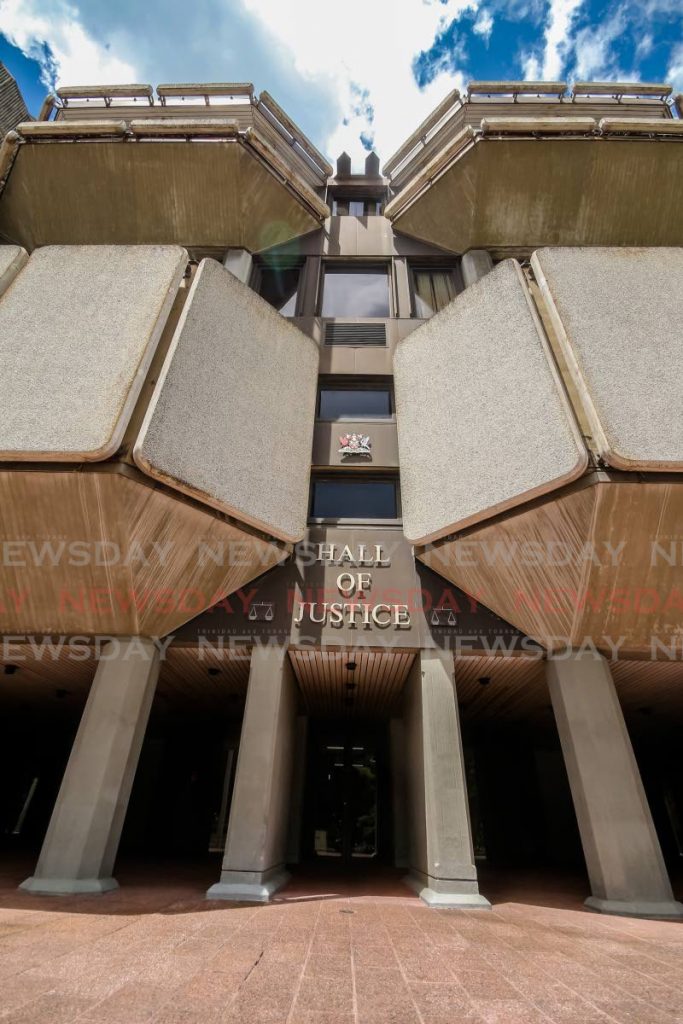Judiciary aiming for access to justice right through the year

JUSTICE year-round with greater flexibility for judges and lawyers is the rationale behind a proposal by Chief Justice Ivor Archie and the Judiciary’s rules committee to permanently abolish the court’s traditional six-week-long vacation from August to early September.
The proposal to abolish the long vacation and change the court year is contained in an amendment to the Civil Proceedings Rules (CPR) and is being resisted by attorneys and some judges.
The Law Association has also invited its members to comment on the proposal and said it had not been told of the rationale behind the proposed move.
In response to questions from Newsday, the Judiciary said the move is aimed at providing “greater flexibility to judges and lawyers to arrange their schedules and lives and to ensure that the public has enhanced access to justice.
“With the heavy caseloads and with backlog, it is totally inappropriate and insensitive, and in fact somewhat irresponsible, to shut ourselves off from the public for six weeks of the year while the people’s business goes wanting.”
The change will see all civil cases being heard throughout the year, except for the Christmas and Easter breaks.
According to the Judiciary, the long vacation was born out of colonial times when judges were English and took the long vacation to travel, by boat, for the summer months in England.
“Our Judges are no longer English and there is a lot more work to be done. Just a few years ago the long vacation was reduced from eight weeks to six weeks,” the Judiciary said.
Addressing concerns that abolishing the long vacation would cause burnout of judges and attorneys, the Judiciary said, “We are somewhat perplexed by the assertion that taking vacation leave outside of August and early September will cause burnout and mental health issues but taking such leave in August and early September would not.”
It said each judge is afforded six weeks’ vacation in one year and four weeks in an alternate year together with other vacation at Easter and Christmas.
“With this amendment, they can take the six weeks or the four week period at a time convenient to them (including August and early September or part thereof) to enable suitable breaks and familial bonding,” the Judiciary said.
Judges will be able to take their vacation during the year at times most convenient to them. “It must, of course, be remembered that August and the first half of September which is the present long vacation, is not the time most convenient to all judges,” the Judiciary’s statement said.
“Attorneys can arrange their schedules as well. This is how most people in the workforce function.”
The Judiciary also said, the vast majority of matters in the system were heard in the district (magistrates’) courts which has never had a long vacation.
Concerns of a possible conflict in scheduling were also dismissed as it was explained that all judges now have dockets and are responsible for managing their schedules.
“Our judges are most responsible in this regard and manage their dockets in order to schedule their hearings. Actually, many judges schedule hearings during that same long vacation.
“There is great collegiality which enables judges to work out their arrangements among themselves,” the statement said.
In the event a judge does experience burnout, the Judiciary said it has “an excellent and very confidential employee assistance programme that offers private help for anyone experiencing mental health issues or is in need of counseling.”
The Judiciary also noted that staff annual vacation leave was never tied to the court’s long vacation. They have between 28-30 days a year which they apply for at a time convenient to them and the organisation.
“Nothing will change.”


Comments
"Judiciary aiming for access to justice right through the year"